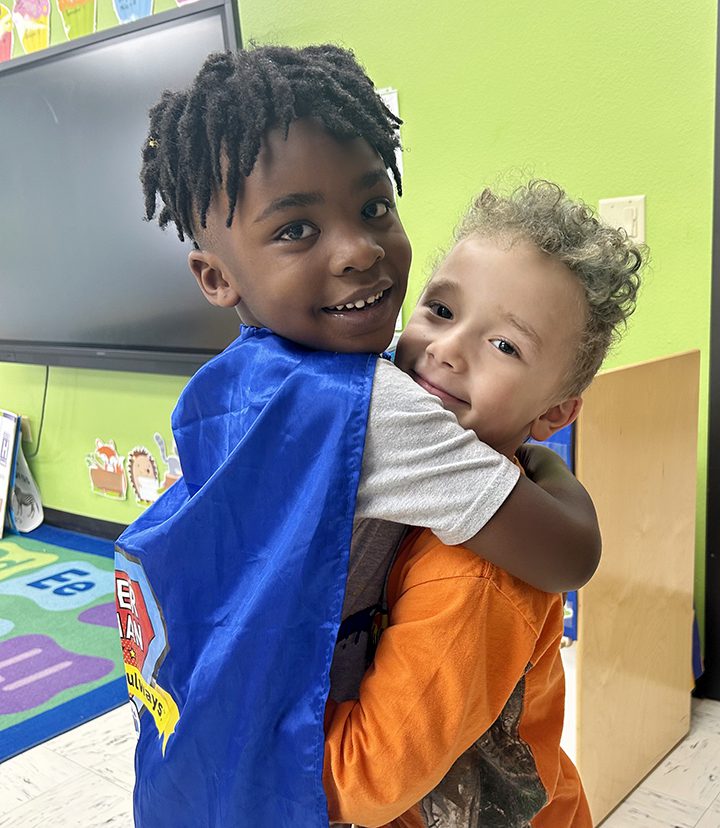The Student Mental Health Crisis
September 18, 2025
Part One of the Respectful Ways Student Mental Health Series:
The pressing challenges students are facing today, and the solutions that offer hope.
Part One explores the depth of the crisis, its underlying causes, and promising evidence-based supports.
Part Two explores teens anxiety, and provides schools and families with practical tools, resources, and strategies to build stronger, more resilient learning environments.

Over the past several years, student mental health concerns—from middle school through college—have intensified to critical levels. The data makes it clear: we are in the midst of a youth mental health crisis that demands urgent and sustained action.
The New Reality
In this 2023 report, the Centers for Disease Control and Prevention (CDC) revealed:
- 40% of high school students experienced persistent feelings of sadness or hopelessness.
- 20% seriously considered suicide.
- The Healthy Minds Study (2021–22) reported that 37% of college students were affected by anxiety disorders, while 44% showed signs of depression.
The academic consequences are just as concerning. According to the American College Health Association (2024), more than half of college students skipped classes due to mental health issues—disrupting their learning, progress, and overall well-being. These struggles are widespread and deeply affecting students' ability to succeed.
Why the Crisis?

- Academic pressure and constant performance demands
- Economic strain—rising tuition, inflation, and student debt worries
- Social and political stress, including social media comparisons and global instability
- Substance use and co-occurring disorders
- COVID-19 pandemic, which created sustained isolation and trauma
These stressors not only increase risk but also exacerbate existing mental health conditions.
It is important to note that mental health challenges are especially acute among LGBTQ+ youth and students of color, particularly American Indian/Alaskan Native students. These populations face unique stressors such as
- Discrimination
- Cultural stigma around therapy
- Reduced access to mental health services.
- Less likely to receive mental health support
The good news: students are increasingly open to seeking help.
Counseling centers and therapy services have seen an uptick in usage.
The challenge remains access. Long wait times, financial barriers, and the lingering stigma of mental illness continue to prevent many from getting the help they need when they need it most.
What Works

- Cognitive Behavioral Therapy (CBT) remains a gold standard, especially when adapted for school settings.
- mHealth apps, particularly those rooted in positive psychology, are gaining traction as accessible, stigma-free support tools.
- School-based interventions like trauma-informed teaching, inclusive classrooms, peer support networks, and staff training can make an immediate difference.
These solutions promote a healthier, more resilient school culture.
The Future Ahead
We are facing a systemic issue that touches education, equity, public health, and policy. We must work together to:
- Address root causes, not just symptoms
- Expand access to culturally competent mental health services
- Support educators and families in recognizing and responding to early warning signs
- Normalize mental health conversations within schools and communities
Educators, Policymakers and parents — this is your call to action.
Students need more than support: They need change.
Up Next: Part Two of our Student Mental Health Series takes a closer look at one of the leading challenges students face today — anxiety.
We’ll explore why it’s on the rise, how it shows up in classrooms, and what practical strategies schools and families can use to support students more effectively.
Author: Kim Celotto for Respectful Ways
 Respectful Ways offers trauma-informed character education and social-emotional learning curriculum for four age groups: PreK-2, 3-5, 6-8 and 9-12. Students engage and grow with interactive, online courses covering compassion, perseverance, respect and responsibility.
Respectful Ways offers trauma-informed character education and social-emotional learning curriculum for four age groups: PreK-2, 3-5, 6-8 and 9-12. Students engage and grow with interactive, online courses covering compassion, perseverance, respect and responsibility.
This entry was posted in SEL News. Bookmark the permalink.


 Our 1st graders loved the Be Kind: It Feels Good course. The Kindness Hunt and bucket filling activities were the best. Very engaging.
Our 1st graders loved the Be Kind: It Feels Good course. The Kindness Hunt and bucket filling activities were the best. Very engaging. The Bored, Get Creative module was perfect for our 4th graders pre-winter break. We talked about things they could do if “bored”.
The Bored, Get Creative module was perfect for our 4th graders pre-winter break. We talked about things they could do if “bored”.